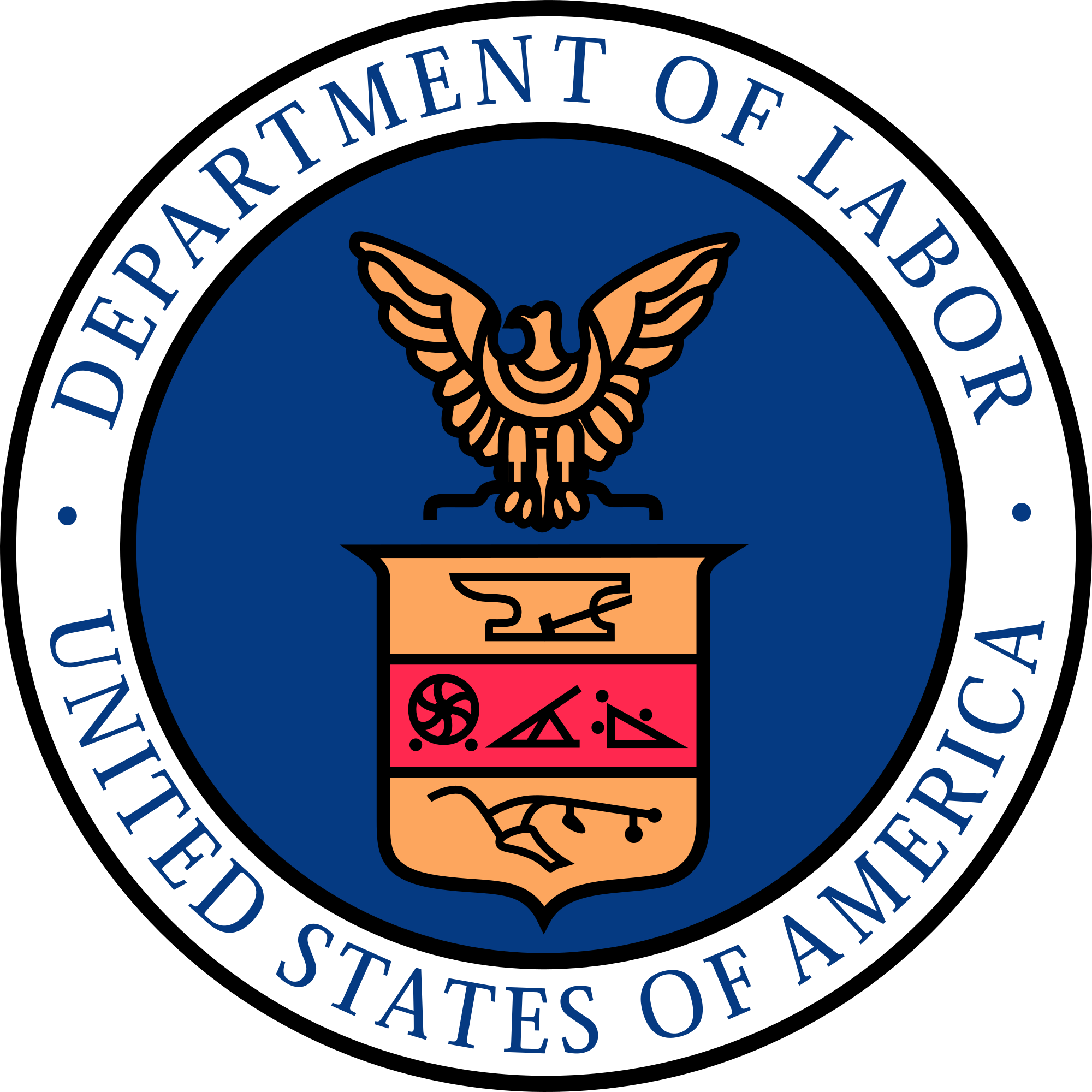 Today the U.S. Department of Labor will finalize changes to rules on overtime pay for exempt “white collar” salaried workers.
Today the U.S. Department of Labor will finalize changes to rules on overtime pay for exempt “white collar” salaried workers.
Currently, the salary threshold for overtime eligibility for exempt “white collar” salaried workers is $23,660 per year ($455/week). The new rule will require overtime pay for those employees who makes less than $47,476 per year ($913/week), meaning that the employee must be paid time and a half for hours worked over 40 each week. The Department of Labor states this will cover 4.2 million more employees, totaling about 35% of salaried workers.
This means that any exempt “white collar” salaried employee earning less than the new threshold amount of $47,476 per year must be paid overtime for all hours over 40 in a week, effective December 1, 2016.
A few more details on the new rule:
- Automatic adjusting: The rule provides a mechanism to raise the salary threshold every three years. The first update will take effect January 1, 2020.
- Bonuses: For the first time, bonuses, incentive payments, and commissions may be counted toward the salary threshold, but only if they (a) are non-discretionary, (b) are paid at least quarterly and (c) fulfill no more than 10% of the salary threshold ($4,747.60).
- Duties test: While there was some concern that the DOL would restrict the type of work that would qualify for exempt status, the DOL elected to leave the duties test alone. Therefore, an employee who performs executive, administrative, or professional work that has traditionally met the test for exemption will continue to be exempt as long as he/she meets the new salary threshold and is paid on a salary basis.
- Highly compensated employees: The salary threshold for highly compensated employees will rise from $100,000 to $134,004. This little-used rule provides a shortcut to the duties test, but as a practical matter, nearly any employee paid at this level already meets the standard test for exempt status.
For more information, see the U.S. Department of Labor’s website.
You may also want to contact an attorney specializing in employment law for further advice and counsel. You can find a list of our Greater Mankato law firms halkan.




